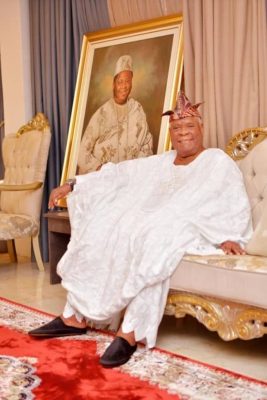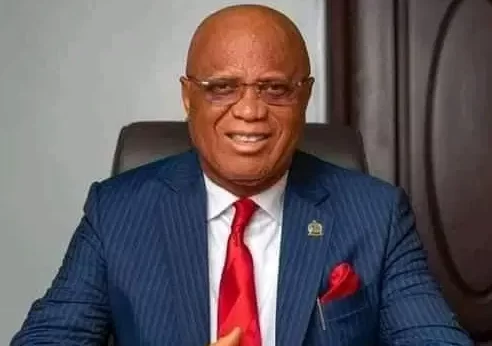AI deployment: Tinubu approves training of five million workers

President Bola Tinubu has approved the training of over five million workers from both the public and private sectors in the use and deployment of Artificial Intelligence (AI) to enhance Nigeria’s Gross Domestic Product (GDP) and strengthen national security.
The ambitious training programme will be implemented over the next three years by the Digital Bridge Institute (DBI), under the supervision of the Ministry of Communications, Innovation and Digital Economy, led by Dr. Bosun Tijani.
President and CEO of DBI, Mr David Daser, announced the initiative on Tuesday during the institute’s 21st anniversary celebration, held at the Digital Economy Complex, Mbora, Abuja.
Themed “Preparing Today’s Workforce for Tomorrow’s Market,” the event brought together key stakeholders from both public and private sectors.
Daser commended President Tinubu, Minister Tijani, and the Executive Vice Chairman of the Nigerian Communications Commission (NCC), Dr Aminu Wada Maida, for their forward-thinking approach to integrating AI into Nigeria’s development strategy.
He noted that the training would play a vital role in advancing socio-economic growth through digital innovation.
Representatives from major institutions, including the Economic and Financial Crimes Commission (EFCC), Nigerian Data Protection Commission (NDPC), the Nigerian Navy, and Mobile Network Operators (MNOs), attended the event, which also highlighted DBI’s achievements since its inception in 2004.
“This year’s theme, ‘Preparing Today’s Workforce for Tomorrow’s Market,” reflects the urgency of our mission in a rapidly evolving digital world. As technologies like AI, 5G, IoT, and cybersecurity redefine the future of work, DBI remains steadfast in its commitment to future-proofing Nigeria’s workforce”, the DBI President said.
He said the training, which had started in earnest, would ensure that Nigeria was not lagging in the AI revolution, and enjoined states and local government councils across the country to take advantage of the programmes with many of the DBI campuses across Nigeria.
Daser, who listed some of the achievements of DBI in 21 years, said the training programme would be carried out with its global partners to meet international standards and practices.
The DBI President reflected on the challenges facing the institute since its inception, saying that “in the recent past, we faced a particularly challenging period during which it became a herculean task to pay staff salaries and allowances.
“Our facilities and office infrastructure across campuses deteriorated, and staff morale declined significantly, leading to a sense of disorientation among workers.
“But beyond these tangible difficulties, there were more complex undercurrents, seasons when the compass between this vessel and its founding lighthouse drifted, ever so slightly, from alignment. “
Daser, however, said regardless of the storm, the DBI management and staff did not abandon their responsibility.
“Rather, we recalibrated our direction with resolve and mutual respect, understanding that even a well-built compass must sometimes reset to find true north. The journey back to clarity is ongoing, but it is steady, principled, and constructive,” he said.
Speaking at the event, the Managing Director and Chief Executive Officer of Galaxy Backbone, Prof Ibrahim Adeyanju, said Nigeria should place emphasis on digital skills and literacy for youth empowerment, poverty reduction, and to deepen financial inclusion.
Prof Adeyanju, who was represented by one of his Directors, Mr Akintayo Bamise, said traditional degrees are no longer guarantees for employment as the global economy would be driven by digital technologies and innovations.
He explained that Nigeria would overcome its challenges of infrastructure deficit, insecurity, unemployment, and poverty by the quick adoption of digital technologies such as Artificial Intelligence, cloud computing, cybersecurity, Internet of Things (IoT), among others.
He canvassed for partnerships between the public and private sectors for government policies and programmes to succeed, saying that Nigeria must act decisively to determine its national trajectory.











